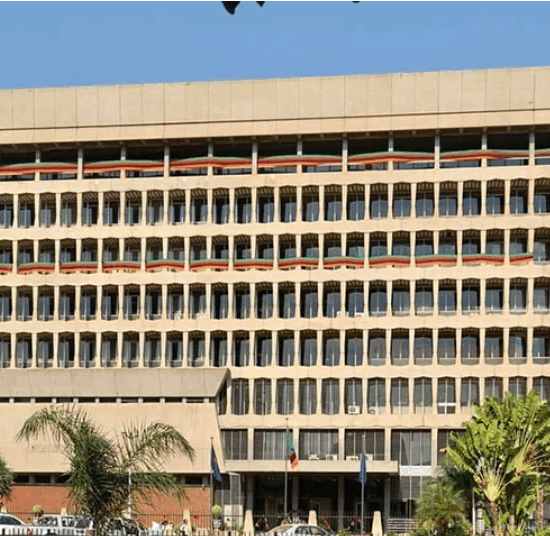
The depreciation of the Kwacha has continued to fuel imported inflation as most consumer goods are imported in Zambia. Moreover, the recently hiked prices buying price for maize by the food reserve agency – FRA has signaled a general increase in the staple food – Maize prices across the country, further weighing down on the national inflation rate.
According to the latest monthly bulletin, the year on year inflation rate as measured by all items Consumer Price Index – CPI for the month of July 2019 has continued on an upward trajectory and increased to 8.8% from 8.6% recorded in June 2019.
Addressing the media in Lusaka on July 25th 2019, Central Statistical Officer Acting Director of Census and Statistics Goodson Sinyenga announced that increase in the annual rate was attributed to both food and non- food items price movement.
Sinyenga told the Zambian Business Times – ZBT that the increase in annual rate of food inflation was attributed to prices increase in food products such as Breakfast meal, Roller Meal, Maize gran, Sampo, Bread, Bun and rice imported. Zambia, with dependence on rain fed Agriculture was adversely affected in the 2018/2019 farming seasons due to low rainfall patterns across some key maize producing regions.
For the increase in non-food annual rate of inflation, the data collected shows that it was mainly attributed to price changes in clothing items. Zambia largely relies on imported clothing and apparel, which are all affected by the depreciation of the Kwacha. There has also been a general raise in imported products retail prices with the majority of Zambians having their earnings in Kwacha, which now commands a lower purchasing power.
Meanwhile, the provincial annual inflation rate for July 2019 increased for Central, Copperbelt, Eastern, Luapula, North Western and Western provinces while it decreased for Northern and Southern provinces.
Sinyenga further disclosed that Western Province had recorded the highest rate for annual inflation at 10.4% followed by Southern Province at 9.4% while Northern province recorded the lowest annual rate of inflation at 7.1%.
“At provincial level, Lusaka province recorded the highest contribution of 2.7 percentage points to the overall annual inflation rate of 8.8% recorded in July 2019 and this implies that the price movements in Lusaka Province had the highest influence to the overall annual rate of inflation, Copperbelt had the second highest contribution of 1.9 percentage points and Northern Western Province had the lowest contribution of 0.3 percentage points,” he said.
The Acting Director also disclosed that the Month on Month inflation rate for July 2019 was recorded at 0.5 percentage points, down from 0.7 percentage points increase recorded in June 2019. This was indicating 0.5 percent difference of prices of goods and services between June and July 2019.
The Zambia Association of Manufacturers – ZAM has called for deliberate policies which would encourage local manufacturing especially of consumer goods to mute the impact of imported inflation and protect the purchasing power for the majority locals whose earnings and savings are in Kwacha.
The Zambia through the Bank of Zambia – BOZ had set a target inflation rate band of 6 to 8% and this is now being breached. Failure to reign in inflation in good time will spell doom to the economy and further crush the purchasing power of the majority of local citizens and businesses.







